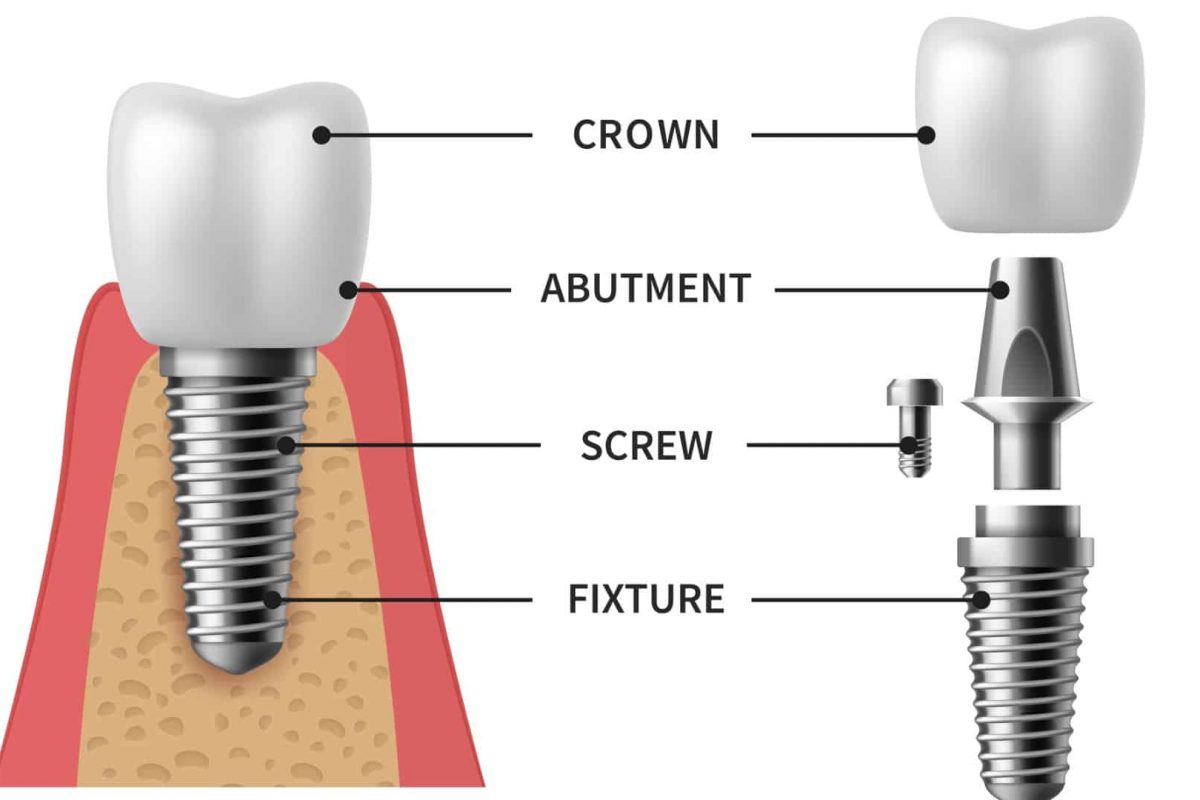What are the treatment options for missing tooth treatment?
Healthy-looking teeth protect the overall health of your smile and health. For this reason, if there are missing teeth in the mouth, we have listed the treatment methods for missing teeth for you. You can get free consultation so that you can use the most appropriate treatment plan for you with your dentist. By identifying your needs and comparing your treatment options, you can find the right treatment for a healthy smile and activity.
Especially if people lose their teeth in the front area, the capacity of eating and contraction continues as well as the attractiveness of the smile is affected. Continuous use while smiling or talking can cause self-security problems by covering your mouth. Missing teeth can cause many more problems apart from all these.
What happens if your missing tooth is not completed?
Most people are usually concerned with the aesthetic effect of a missing tooth. But missing teeth can cause many oral health problems. If you have the same reproduction, your teeth are missing, on the other hand you try to spoil. It may continue to deteriorate in the same support, disturbing the roots of the teeth in that area and changing their structure and integrity.
In addition, if the missing teeth are not completed, the teeth in that area begin to thin and melt. The presence of dental health provides the gums and jawbones in general and the storage of bones and tissues. When a missing tooth is not replaced, the jawbone may occur due to poor adaptation.
If you have a missing tooth, you may experience pain and difficulty during decay. It may take more time to wear down your food and you may feel pain from the pressure.
What are the common causes of missing teeth?
Tooth loss can occur for many reasons. Below I will mention some of the most common causes of tooth loss.
Gum Disease: Gum disease, also known as periodontal disease, is the most common cause of tooth loss in adults. The disease spreads from the gums to the bone under the tooth, causing your teeth to loosen and fall out.
Tooth Decay: Untreated cavities can severely protect the tooth until it becomes impossible to save your natural tooth and can cause tooth loss.
Accidents and Injuries: You can lose your tooth due to accidents such as falls and dental trauma during activities such as aggressive contact sports.
Genetics: If there are people in your family who are prone to dental caries or have had gingivitis, and if you have family members with diabetes, it may increase your risk of tooth decay and periodontal disease in your dental bones.
Do not delay your treatment if you have missing teeth

Your teeth work as a whole and if one is gone, your other teeth and your entire oral health will be adversely affected. You can restore your smile with a variety of replacement solutions, including dental bridges, dentures and implants. Do not delay making an appointment with your dentist for a full, beautiful smile.
What are the Treatment Options in Partial Tooth Missing?
Partial tooth loss treatments are aimed at patients who are missing one or more teeth. We would like you to review our full oral treatment options for patients who have lost most of their teeth due to any problem.
Dental Tooth Missing Treatment Options
1. Missing Tooth Bridge Treatment
Tooth deficiency bridge treatment allows the bridge tooth to be placed on the missing tooth root and supported by neighboring teeth. Thanks to the support taken from the tooth next to the missing tooth, the problem is resolved. Bridge treatment is a frequently preferred method in tooth loss.
Bridge treatment improves tooth function and appearance. It prevents the formation of gum diseases. Single tooth missing bridge treatment should be done by a specialist dentist and may consist of several stages.
The treatment process and cost may vary depending on the patient’s tooth structure, the degree of missing tooth and the location of the missing tooth.
Advantages of bridge treatment in missing teeth:
Bridge treatment does not take long.
Bridge treatment provides an aesthetic appearance.
Bridge teeth are useful.
2. Tooth Missing Palate Prosthesis Treatment
In the treatment of missing teeth, the palate prosthesis replaces the missing tooth. This prosthesis is located on the gum or under the tongue. The palate prosthesis protects tooth function and dental aesthetics and prevents the occurrence of gum diseases. It is specially designed by a dentist.
A palatal prosthesis is a cheaper and shorter treatment option than other treatments such as a dental implant or dental bridge, but it is less durable and must be replaced more frequently.
3. Single Tooth Missing Implant Treatment
MainAdvantages of bridge treatment in missing teeth:
Bridge treatment does not take long.
Bridge treatment provides an aesthetic appearance.
Bridge teeth are useful
Body screws are placed in place of the lost tooth, and after these screws are completely combined with the bone, a special dental prosthesis is attached. The desired number of implants are placed in accordance with the cavity of the tooth.
In implant treatment, it is aimed to regain the aesthetics and functionality of the lost tooth. Implant treatment can offer longer-lasting, durable and reliable results compared to other treatment options.
This process improves tooth function and appearance. Gum diseases are prevented as much as possible. Today’s implant treatment is quite advanced. screws are placed in place of the lost tooth, and after these screws are completely combined with the bone, a special dental prosthesis is attached. The desired number of implants are placed in accordance with the cavity of the tooth.
In implant treatment, it is aimed to regain the aesthetics and functionality of the lost tooth. Implant treatment can offer longer-lasting, durable and reliable results compared to other treatment options.
This process improves tooth function and appearance. Gum diseases are prevented as much as possible. Today’s implant treatment is quite advanced.

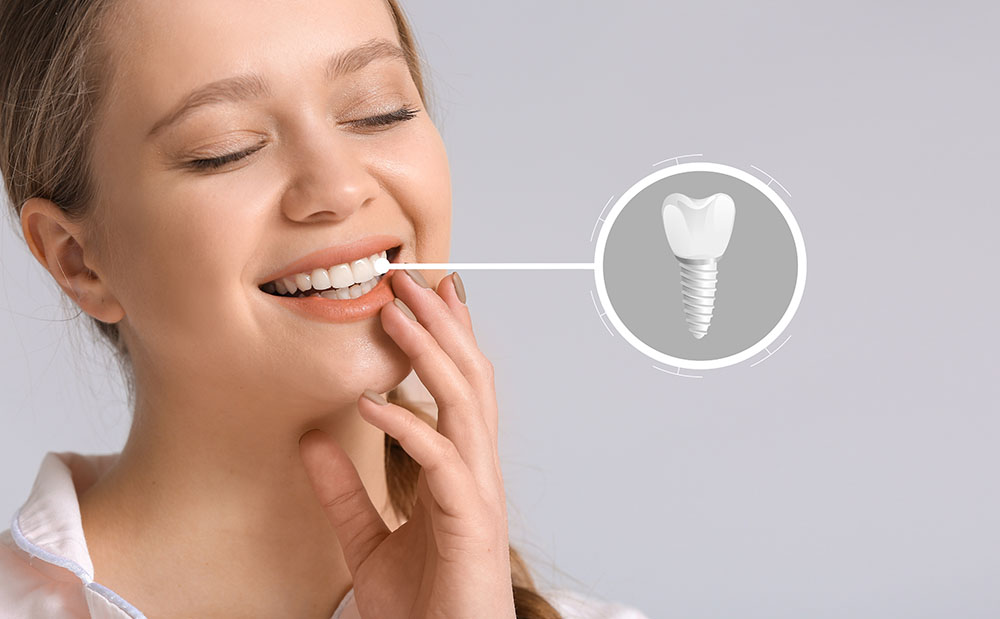
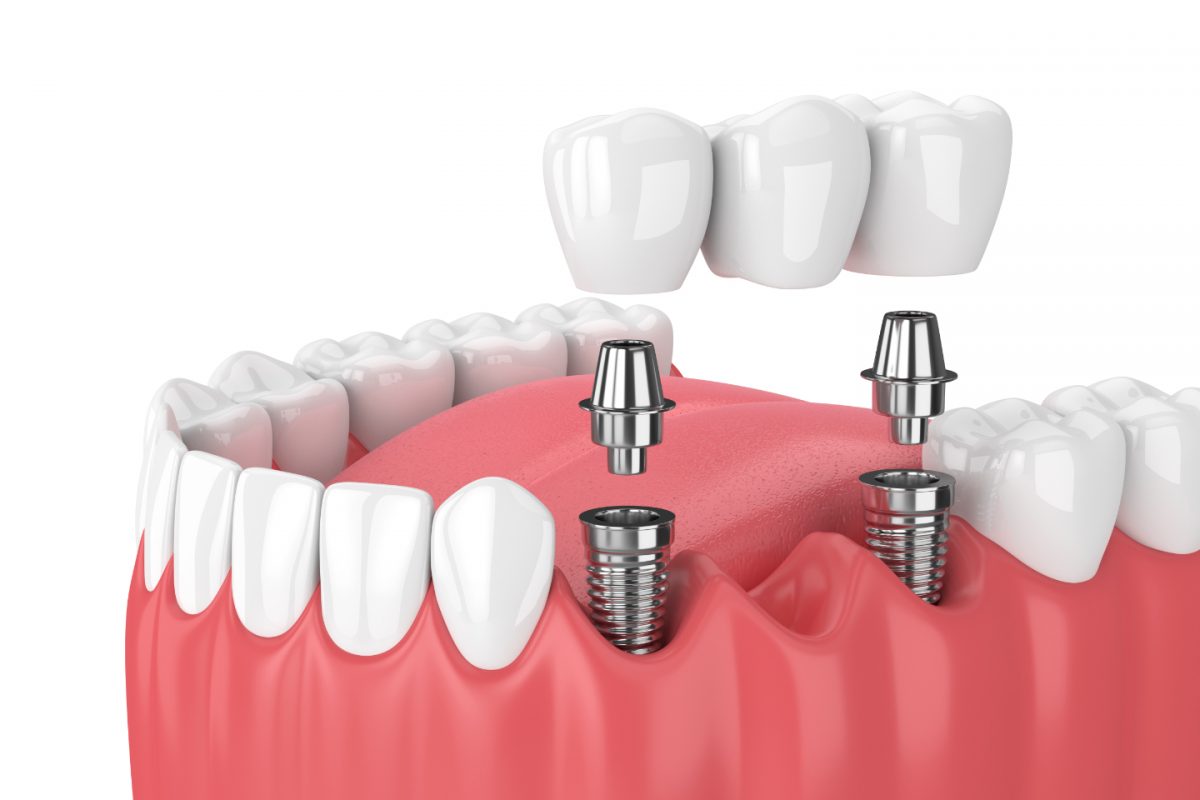
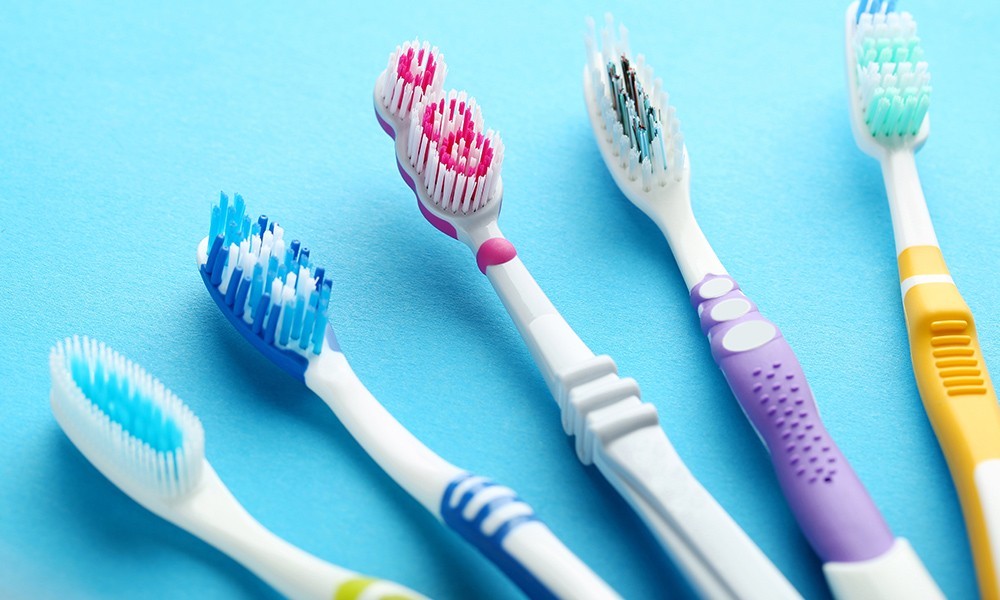
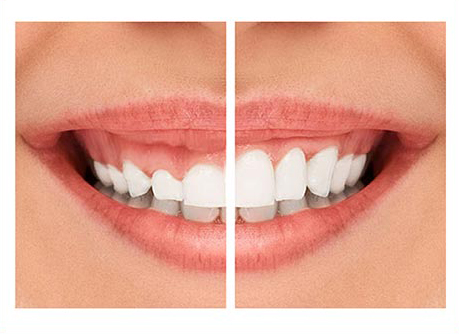
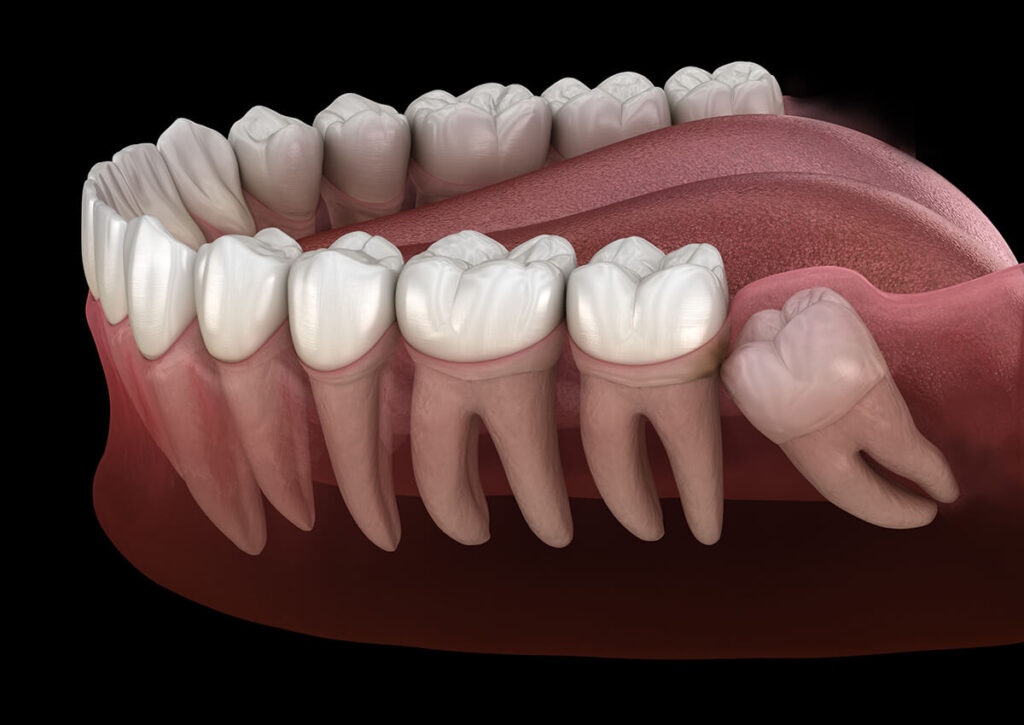

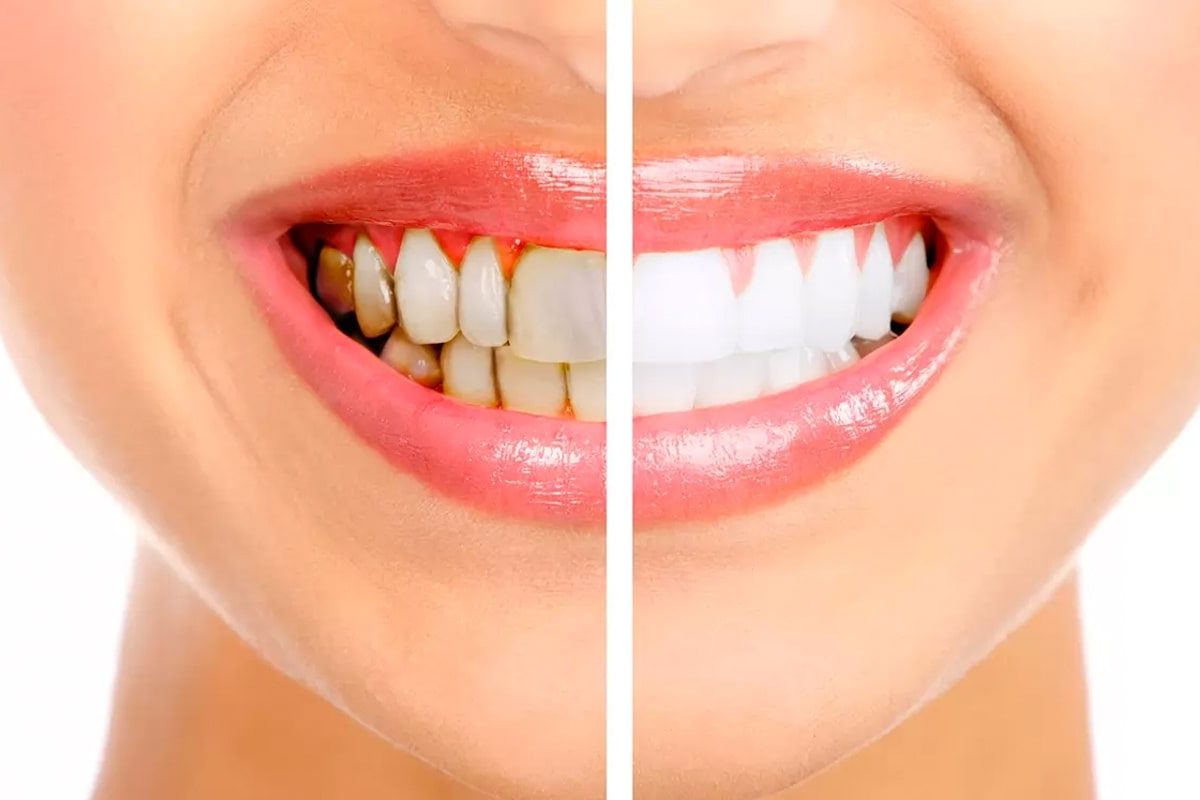
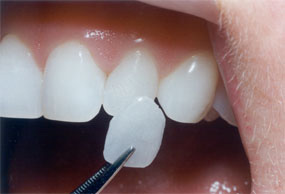
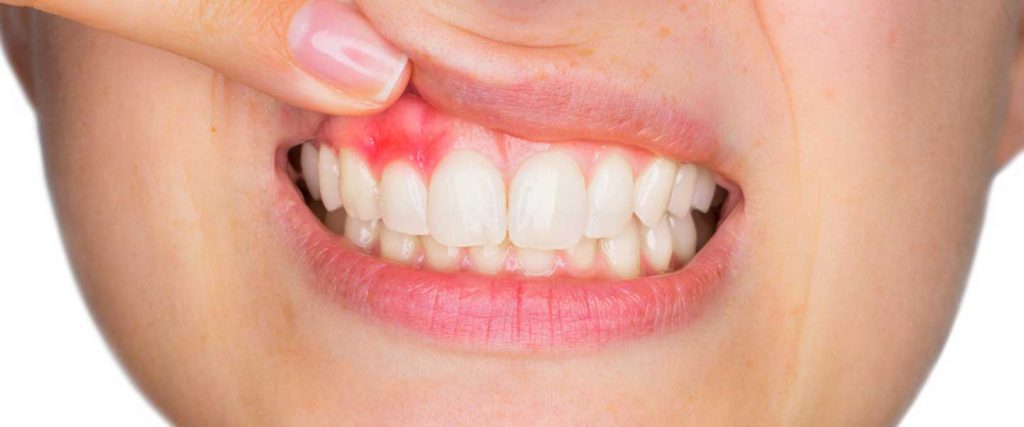
 Gum Treatment: Gum diseases can cause damage to the bones and tissues that hold the teeth, and can lead to tooth sensitivity. This treatment allows to clean the gum tissues, repair damaged tissues and stop the progression of gum disease.
Gum Treatment: Gum diseases can cause damage to the bones and tissues that hold the teeth, and can lead to tooth sensitivity. This treatment allows to clean the gum tissues, repair damaged tissues and stop the progression of gum disease.